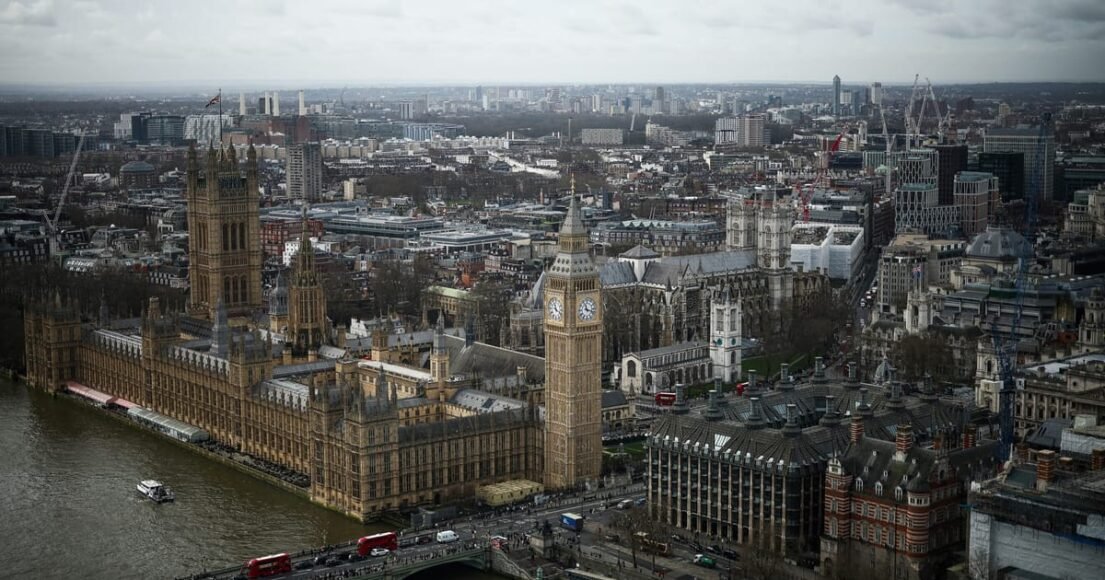“The concept of having a global sales force to aid business isn’t truly effective,” he told POLITICO.
He mentioned that businesses actually desire “low tax, easy employment rules and well-designed fluid regulations,” emphasizing that the “idea that the government can somehow ‘do business’ is irrational and contributes to the world’s current issues.”
Trade veteran David Henig, a former government adviser now with the European Center for International Political Economy, commented that he “would expect this to consume a lot of staff time and energy.”
“Obviously fewer numbers may mean choices in what to prioritize,” he said. “I believe this government has underestimated the role of DBT, as implementing trade and industrial strategies is crucial to U.K. growth.”
A government spokesperson confirmed plans to “reduce the department in size.” While “no department-wide recruitment freeze has been implemented, the changes are aimed at maximizing its efficiency, ensuring they have the suitable expertise in the right place, while also delivering for British business,” they added.
The spokesperson noted that Chancellor Rachel Reeves had allocated £150 million for an employee exit scheme to support “a leaner and more efficient civil service, helping reduce administration costs across Whitehall by 15 percent by the end of the decade.”













Leave a Reply